Risk Management and Security
Our work is conducted in difficult and chaotic circumstances - and this poses a number of serious safety and security threats to our staff. These volatile contexts also demand robust risk management.
Wherever we work we identify, rate and - where possible - mitigate all potential risks to our operations. Up until 2019, all country programmes reported separately on their risks and mitigation measures - posing a number of difficulties with regard to manually consolidating risks while maintaining a detailed overview. The year saw us professionalise our risk management procedure with the first steps taken to roll out a global system - NARIS GRC® - for risk management.
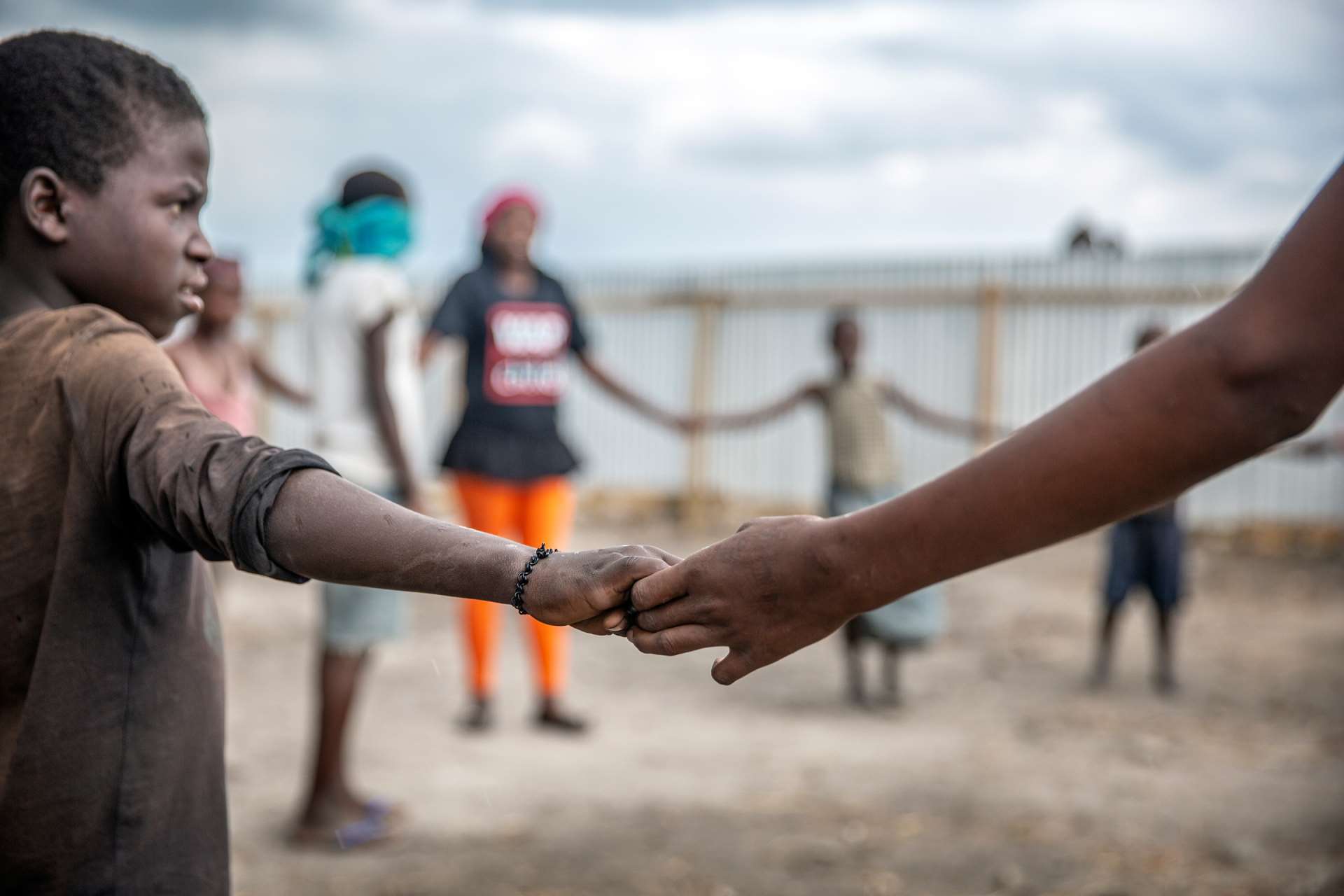
Maintaining Security
War Child continuously monitors security issues - to uphold the safety of our staff and the children who take part in our programmes. Our country teams are actively managing security risks and continuously prepare for emergency situations or unexpected incidents.
2019 brought with it some significant challenges. Delayed implementation of the South Sudan peace accord and transitional government, religiously motivated attacks in Sri Lanka and the protracted crisis in the Great Lakes area - DR Congo and Burundi - posed significant security concerns.
We anticipated and responded to these changes in context - particularly in our African countries of operation - thanks to the hard work of a new regional security advisor. The year also saw us adopt a holistic approach to security in close collaboration with programme management in order to maintain effective activities. The training of relevant senior management teams at our Amsterdam office and at country level was key to this - this initiative resulted in the creation of our crisis management team.
Across 2019 as a whole four security incidents directly involving or affecting our work were recorded - fortunately none had serious consequences for our people and only a minor impact on operations. Despite the low probability of these risks, the threat they pose has a high-negative impact. Relevant senior management teams - both in Amsterdam and at country level - have been prepared and trained to function as an effective crisis management team to mitigate these risks effectively.
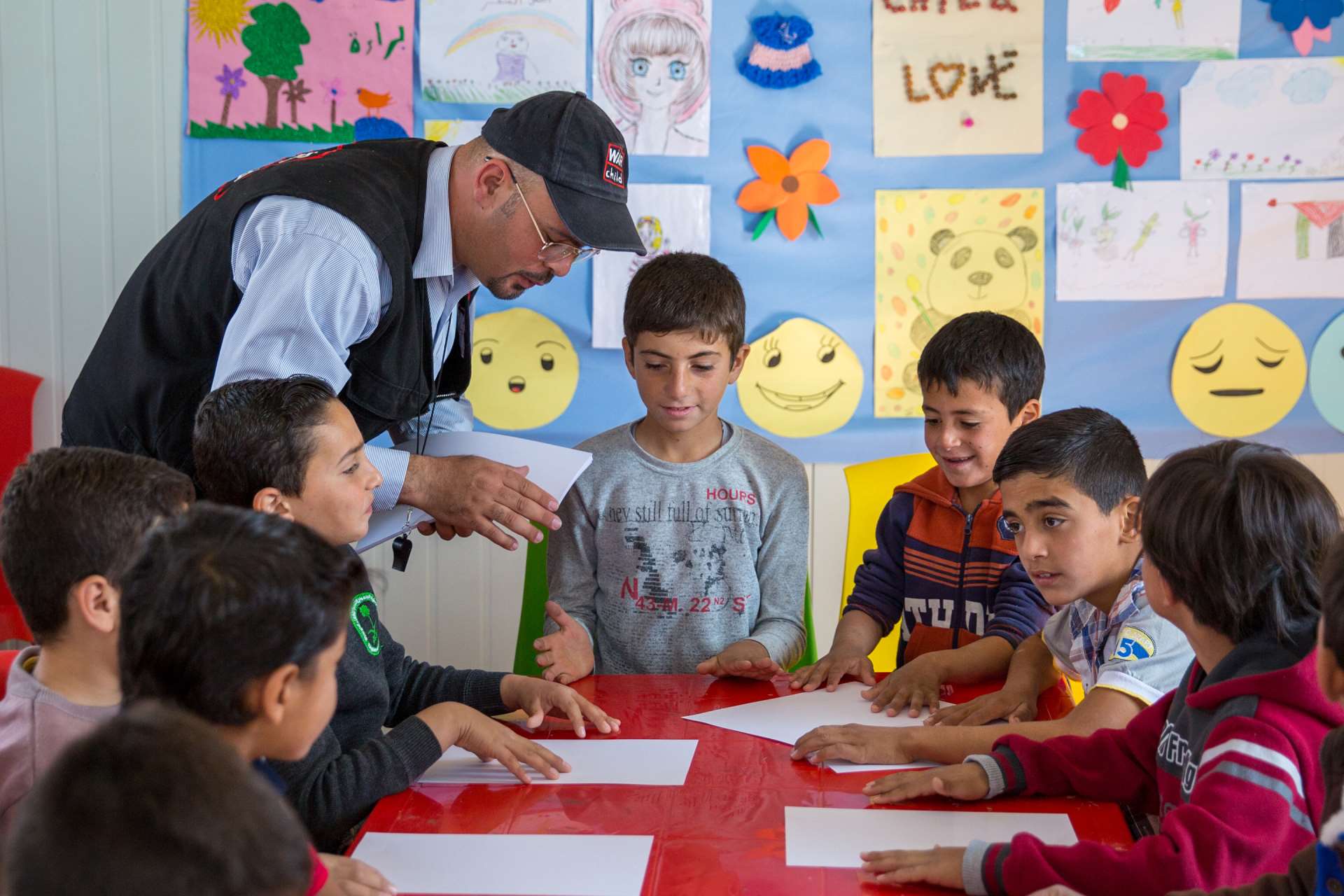
Combatting Fraud and Corruption
Fraud and corruption pose a significant threat to our organisation - not only in financial terms but also with regard to our reputation and credibility. War Child continuously updates and strengthens its mechanisms to combat fraud - and 2019 was no exception.
The year saw the rollout of an enhanced anti-fraud and anti-corruption (AFAC) policy across the entire organisation. The policy initiative was later introduced - early 2020 - with another three policies under a new Integrity Framework designed to uphold the safety and fundamental rights of everyone who take part in War Child’s activities around the world. The revised policy - to be used in conjunction with the associated Speak Up! Procedure and Code of Conduct - aims to intensify our response to any potential incidents of money laundering in the course of our operations and prevent us from working with any sanctioned parties.
Only one case of suspected fraud and one theft case were reported over the course of 2019 - by the National Council for Literacy and Adult Education (NCLAE) in Sudan. These attempts were identified as high-risk cases and detected thanks to the vigilance of our staff - meaning that losses could be prevented or recovered fully.
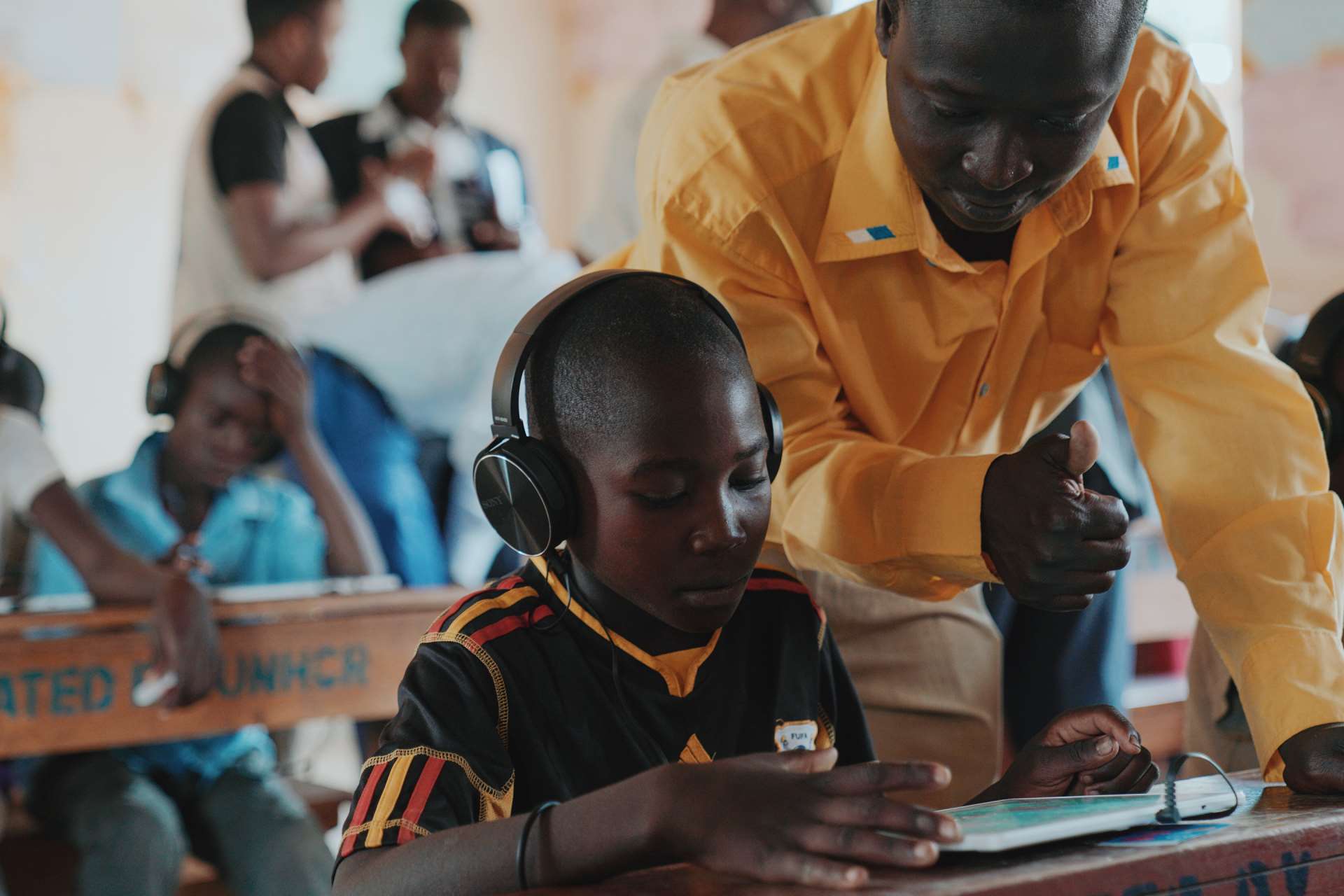
The allegation of fraud involved one of our local NGO implementing partners and two community-based organisations (CBOs). Several claims were made regarding discrepancies in field facilitators fees and start-up kits failing to reach intended beneficiaries. A thorough investigation involving all parties was carried out - and no foul play was noted. Although it was agreed that more effort was required to carry out monitoring of project activities.
In June 2019 600 tablets and SD cards - valued at €50,100 in total - were stolen from the warehouse of the National Council for Literacy and Adult Education (NCLAE). War Child partner UNICEF Sudan - who provided the in-kind donation - and NCLAE worked together to have the remaining tablets relocated to a safer place and UNICEF Sudan looked at the possibility of replacing the stolen materials directly.
We work tirelessly to combat fraud in order to limit it to the absolute minimum - and maintain a zero-tolerance stance against fraudsters.
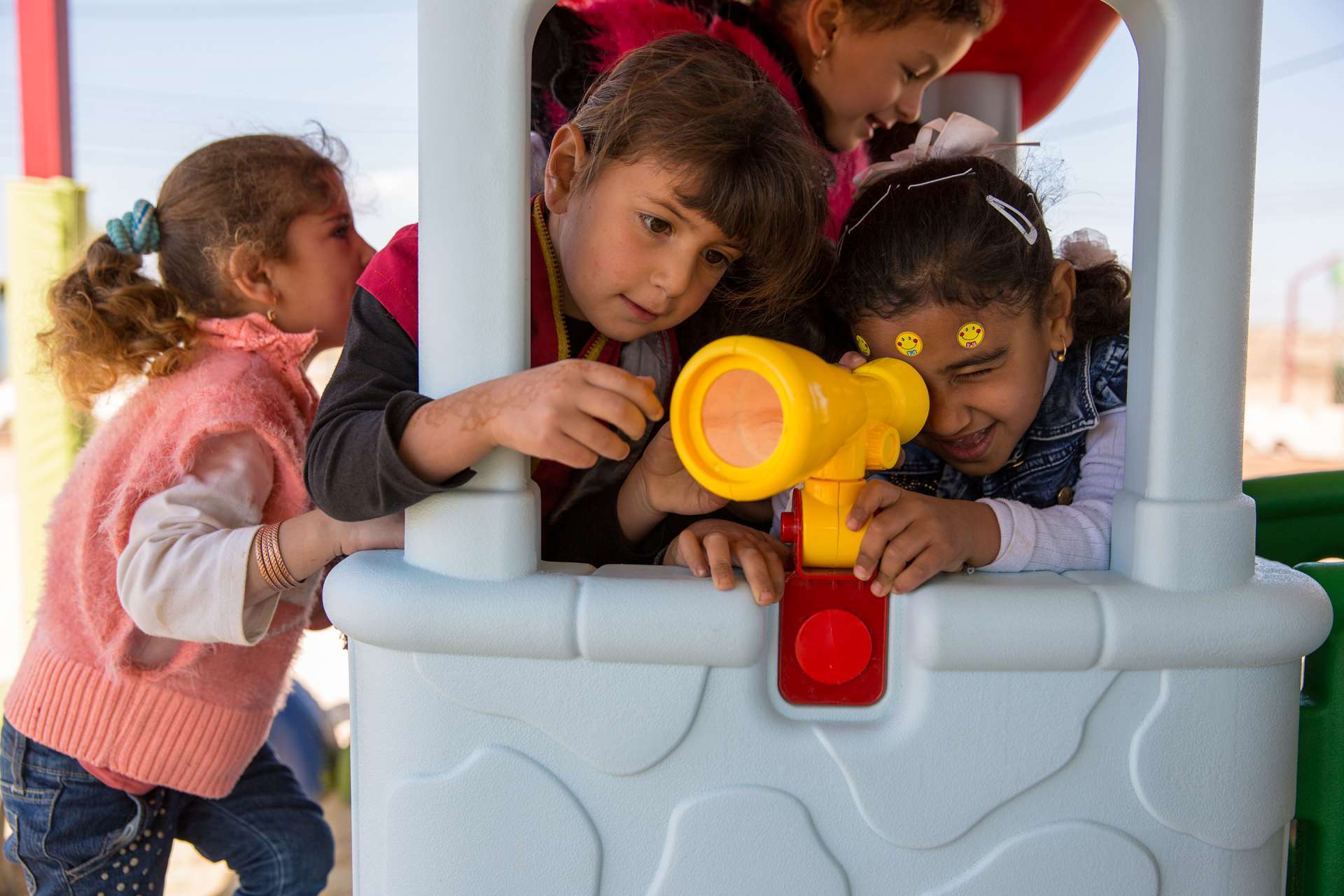
Financial Risks
War Child is exposed to a variety of financial risks - including risks related to grant funding and exchange rates. A robust system of internal controls is in place to reduce any such risks and is further set out in our Finance and Accounting Policy. The main risks identified and set out in this policy are liquidity problems, non-compliance with donor regulations, exchange rate losses, late or incorrect reporting and incorrect accounting caused by human error or deliberate misstatements as well as fraud, conflict of interest, theft and misappropriation of resources and assets. The potential impact of these financial risks is high. Across 2019 as a whole there were no significant cases of financial risk and internal control systems functioned adequately.
Our organisation is also dependent on political and economic developments, which may impact the availability of financial contributions to our work from governments. We limit the impact of such adverse developments by maintaining a balanced donor portfolio.
Our Fundraising Complaints Policy
Our Fundraising Complaints Policy is robust and outlined in full on our website. War Child strives to respond to complaints within two working days - and we succeed in 99 per cent of all cases.
In 2019 War Child Holland registered 938 complaints related to our fundraising - 720 more than we received in 2018. This increase can be attributed to our decision to pilot new public fundraising initiatives among some 100,000 individuals new to our organisation - not all of which were successful or well received.
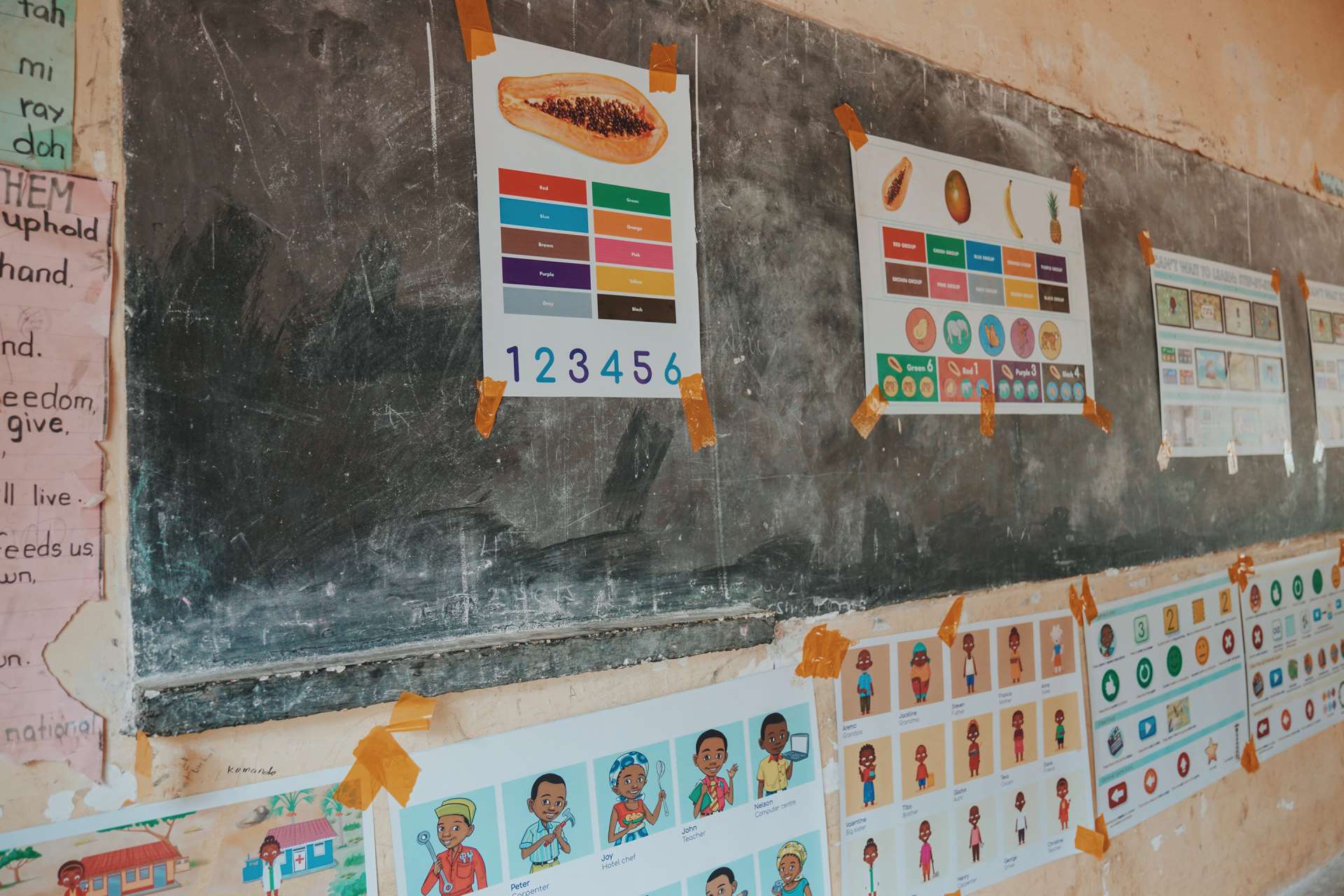
Operational Risks
We conduct our work in complex and unpredictable circumstances - and this context presents a number of operational risks with the potential to have a high-negative impact. We frequently work in partnership with local organisations to deliver our programmes - and we have stringent polices and tools in place to ensure partners share our vision and can meet our performance targets.
Compliance with recognised standards to ensure robust conduct and best practice is a vital part of our work - and any deviation can result in significant risks. We have compliance-proof operating procedures in place to reduce these risks - even in remote management and emergency intervention contexts.
Our robust recruitment procedures are outlined in more detail in the Our People section of this report. Our efforts to combat data and IT security risks are outlined in the ICT and Operational Support section of this report.
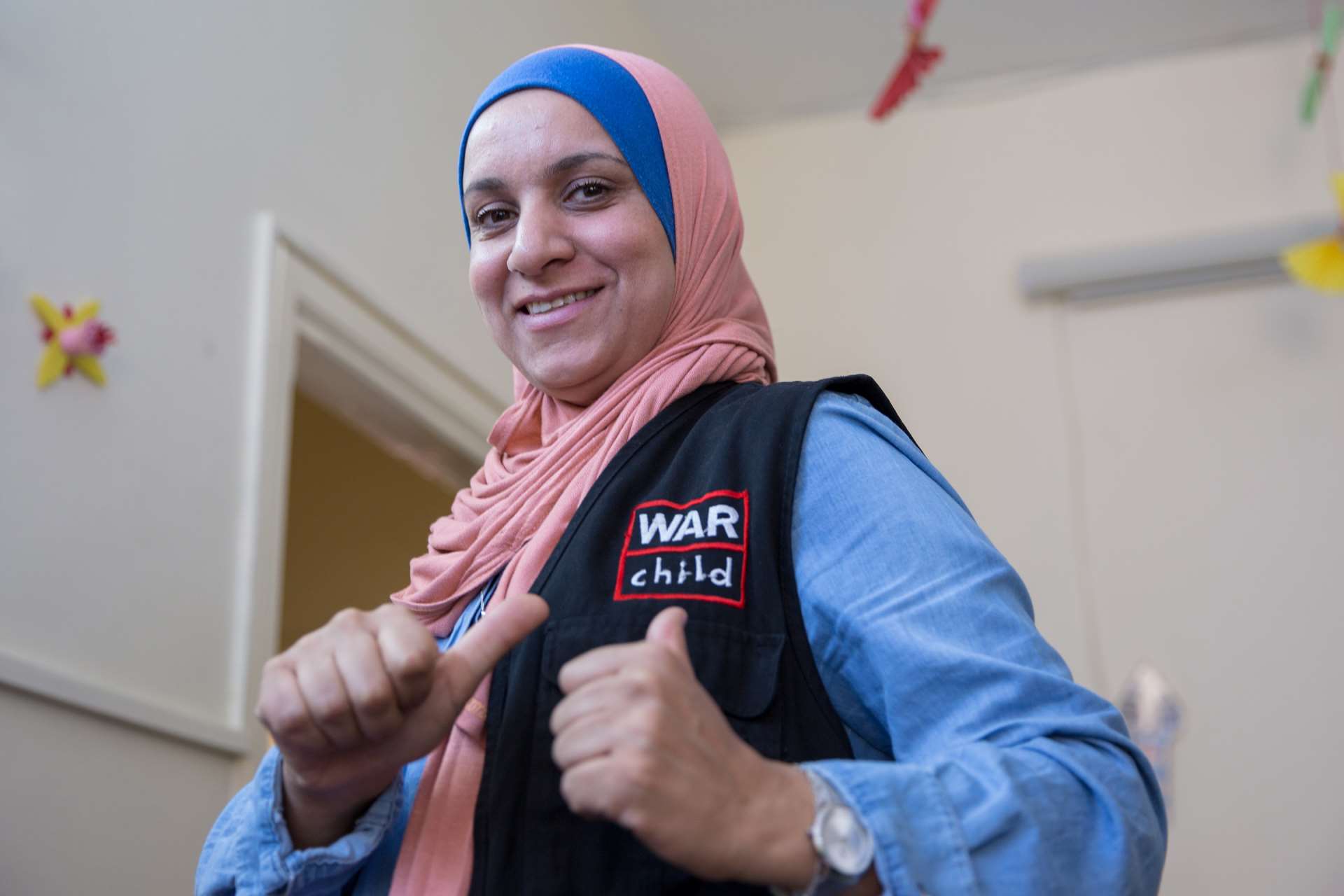
Child Safeguarding
The safety of the children and young people who take part in our programmes is of paramount importance. That’s why we’re a member of Keeping Children Safe (KCS) - a global network of organisations striving to ensure children are safeguarded and protected from all forms of abuse.
We strengthened our efforts to uphold the safety of our programme participants in 2019 by revising our Child Safeguarding Policy within a new Integrity Framework. This included the development of mandatory e-learning modules for staff as well as the launch of an online portal to anonymously report and track all Child Safeguarding and Integrity Incidents. The framework as a whole ensures that War Child staff remain aware of potential child safety concerns and engage in behaviour that prevents abuse.
Over the course of the year 27 child safeguarding concerns in total were reported, related to staff from partner organisations in Lebanon. The relatively high number of complaints in one country can largely be attributed to an active and well-functioning national reporting system.
All reports, among which the use of physical and emotional abuse meted out by volunteers or coordinators from these organisations, were investigated - in line with the protocols outlined in the Child Safeguarding Policy and Speak Up! procedure. All cases were followed up closely by the country office's Child Safeguarding Focal Point and the partner organisation taking appropriate action including risk assessment, suspension, training, awareness-raising and, in one case, termination of contract.
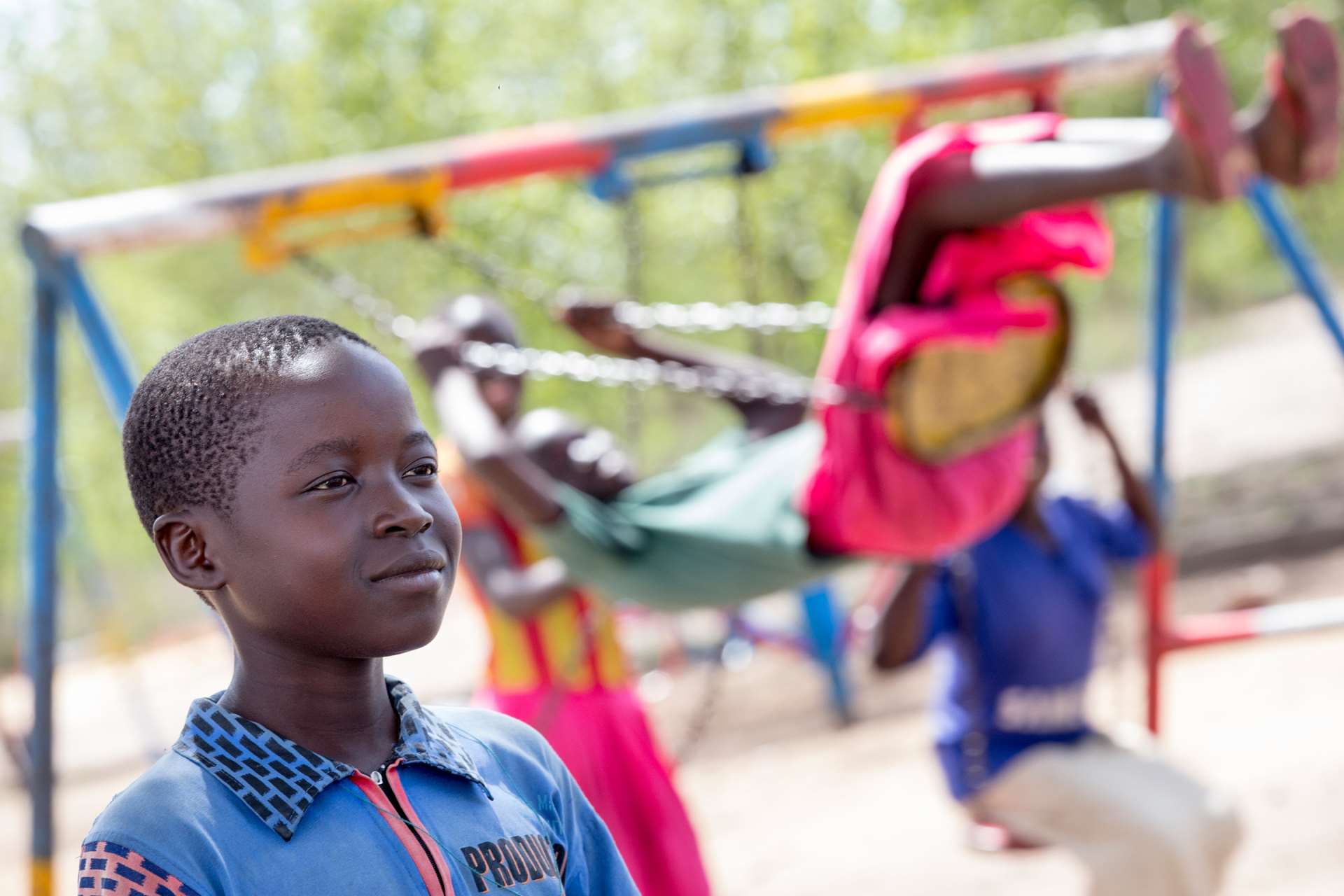
Reputational Risks
War Child’s reputation is one of our most valuable assets - yet we cannot completely control how the public perceives our organisation. What we can do is actively engage in and monitor public debate through open and transparent communication. This is reflected in our Statement of Integrity - which you can read at the end of this report.
News in 2018 concerning abuse and sexual misconduct by NGO workers - particularly the sex scandals uncovered in Haiti during February - deeply affected the humanitarian sector. This low-probability risk comes with a possible high-negative impact. Our response - which saw the conceptualisation of our aforementioned Integrity Framework and associated Integrity Portal over the course of 2019 - is outlined in the Our People chapter of this report.